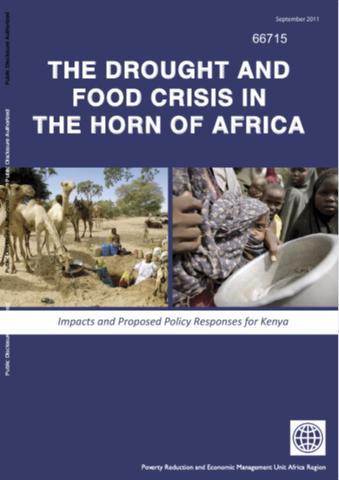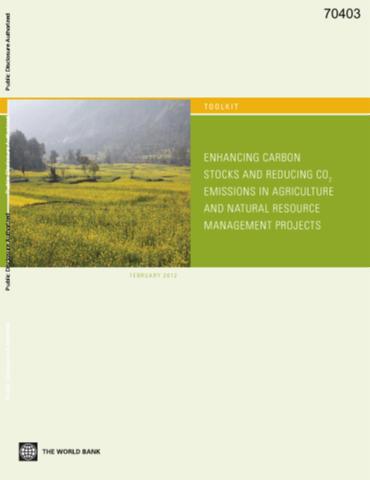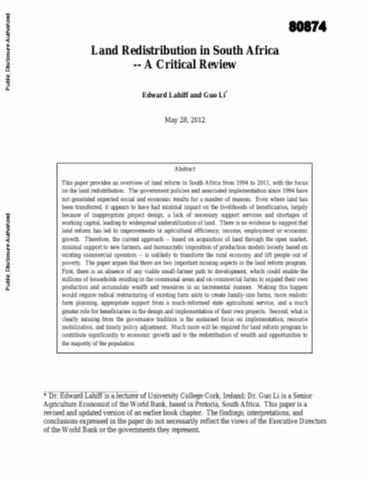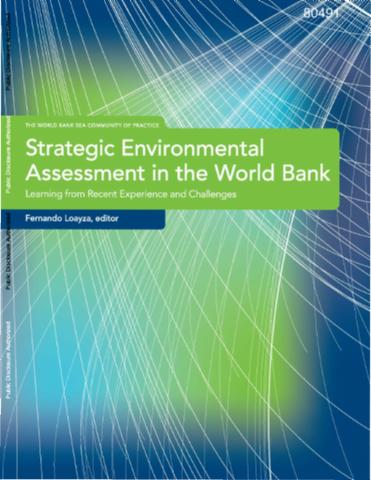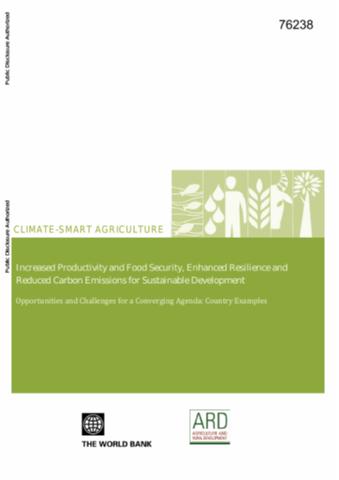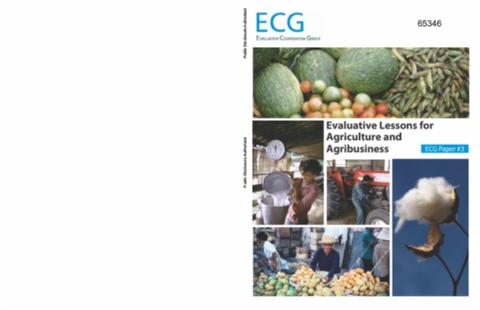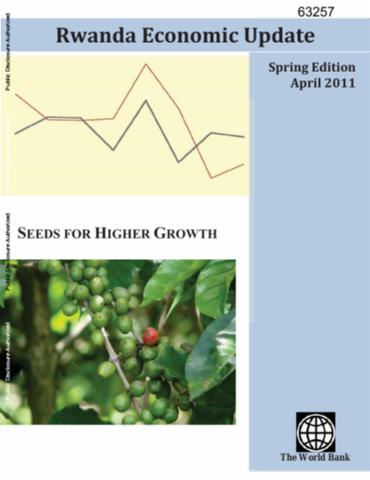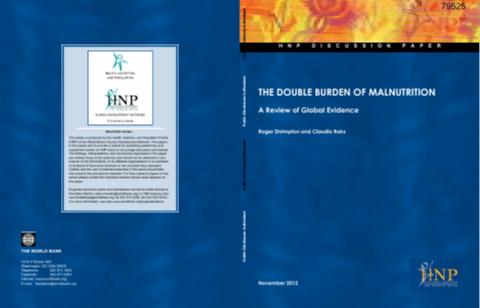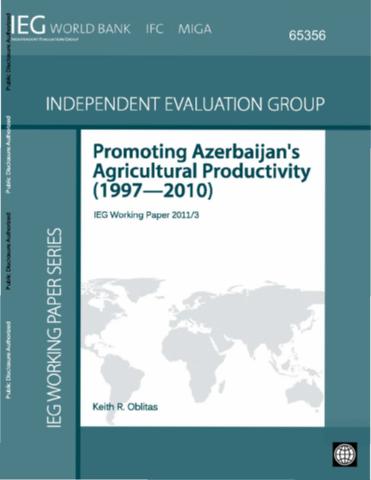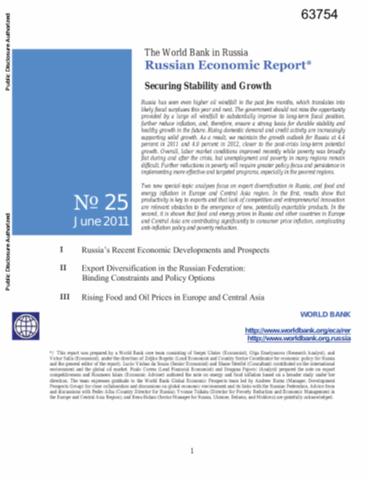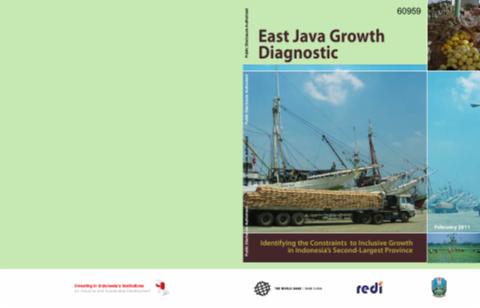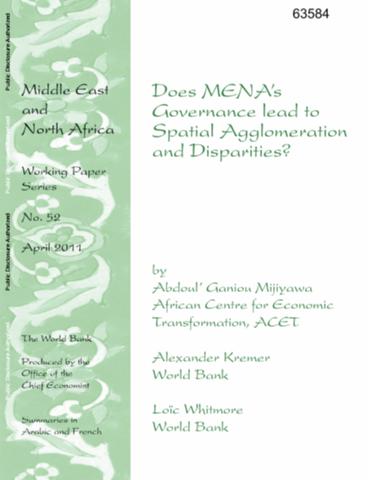The Drought and Food Crisis in the Horn of Africa
This policy note provides an assessment of some of the impacts and proposed policy responses to problems related to the drought, including the rise in food prices. To address immediate needs, the humanitarian response to the drought is being managed by the Government of Kenya and a number of international organizations including the World Food Program (WFP), the Food and Agriculture Organization (FAO), and the United Nations Children's Fund (UNICEF).

